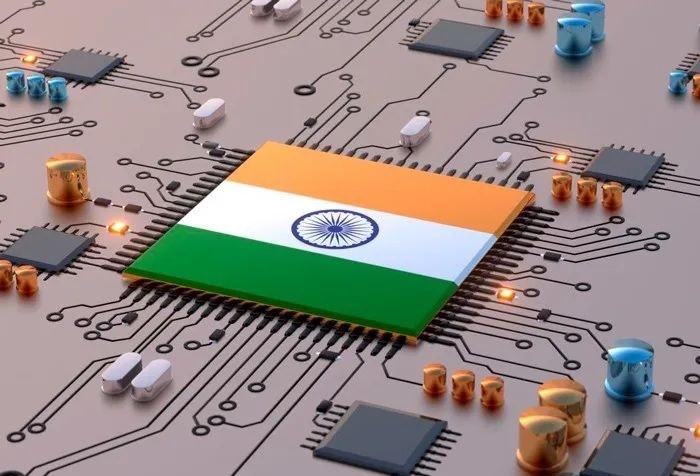India's semiconductor industry ambitions have made substantial progress in recent days, and the recent partnership between Tata Electronics and Plmc, a wafer manufacturing company in Taiwan Province, is undoubtedly a bright spot in this process. This cooperation not only marks a key breakthrough in India's efforts to build local semiconductor manufacturing capabilities, but also demonstrates Tata Electronics' commitment to the rise of the local high-tech industry and PSMC's consideration of finding new growth points in the global semiconductor landscape.
For a long time, India has mainly played the role of design and service center in the global semiconductor industry chain, and has been relatively weak in the manufacturing link. However, with the accelerated development of global digitalization and intelligence, semiconductors, as the foundation and core of information technology, are becoming increasingly important. The India government is deeply aware that the development of the local semiconductor industry is not only the key to ensuring national information security and promoting economic diversification, but also an important part of enhancing national competitiveness and integrating into the global technology industry chain.
The RMB 76.304 billion fab project is located in Dholera, Gujarat, and is a Special Investment Region (SIR) under planning and development, aiming to become a green and smart city. Dholera SIR is a key project of the India government that is not only designed as an industrial hub, but also plans to contain residential areas, commercial areas and the necessary infrastructure to support an entire urban ecosystem. This also heralds India's first commercial-grade wafer manufacturing base. It is said that after the completion of the plant, it will provide a production capacity of 50,000 pieces per month, which will not only directly create tens of thousands of high-tech jobs, but also plan to produce a variety of advanced semiconductor products including PMIC, DDI, and MCU, which will be deeply integrated into cutting-edge fields such as AI, automotive, computing, storage, and wireless communication to meet the needs of the global market.

Figure: Substantial progress in India's semiconductor industry: Tata Electronics and PSMC jointly build a wafer fab
PSMC's in-depth involvement, from design planning to technology licensing, has helped Tata Electronics build a world-class advanced factory, which is not only a recognition of the potential of India's semiconductor industry, but also an important expansion of PSMC's global strategic territory. At the same time, the India government has actively created a favorable environment through support policies such as the "India Semiconductor Mission" to attract domestic and foreign capital and technology convergence, and "plug in wings" for the "take-off" of India's semiconductor industry.
While the future of India's semiconductor industry looks bright, there are still many challenges to overcome to achieve this ambition.
First of all, the lag in infrastructure construction is one of the biggest bottlenecks facing the development of India's semiconductor industry. In order to support the construction and operation of large-scale fabs, huge sums of money need to be invested in the construction of supporting infrastructure such as water, electricity, transportation, and communications.
Second, the funding gap is also an important factor restricting the development of India's semiconductor industry. Although the India government has introduced a series of supportive policies, the high investment and high-risk characteristics of the semiconductor industry have discouraged many companies. Therefore, how to attract more domestic and foreign capital into India's semiconductor industry has become an urgent problem to be solved.
In addition, the shortage of high-end talents and the imperfect supporting of the industrial chain are also problems facing the development of India's semiconductor industry. The semiconductor industry is a typical technology-intensive industry, and the demand for talents is extremely high. However, India's high-end talent pool in the semiconductor field is relatively insufficient, and it is difficult to meet the needs of industrial development. At the same time, the connection and cooperation between the upstream and downstream of the industrial chain also need to be strengthened.
Challenges and opportunities often coexist. The rapid development of India's semiconductor industry will not only drive the transformation, upgrading and rapid development of the local electronics industry, but also bring new competition patterns and opportunities to the global semiconductor industry.
In summary, the cooperation between Tata Electronics and PSMC is not only an important milestone in the history of India's semiconductor industry development, but also a positive signal in the evolution of the global semiconductor industry pattern.






